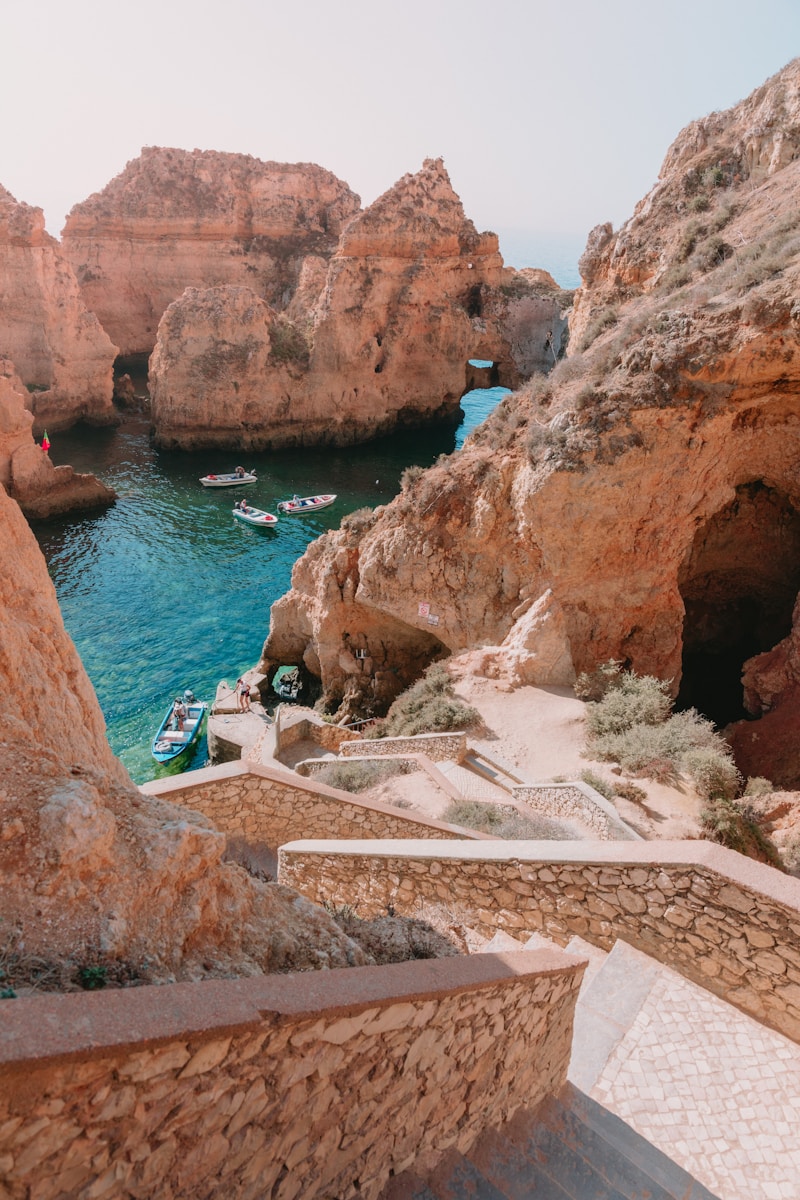The D8 visa, commonly referred to as the Digital Nomad Visa Portugal, is Portugal’s response to the growing trend of remote work. Introduced in 2022, it allows non-EU/EEA/Swiss nationals to live and work in Portugal while performing remote work for a foreign employer or as a freelancer. While the visa offers an appealing gateway to life in one of Europe’s most affordable and scenic countries, it comes with several expenses that applicants must plan for. These costs can be divided into administrative fees, legal support, relocation expenses, and living costs.
1. Visa and Application Fees
The most immediate costs are the fees associated with the visa application process. As of 2024, the D8 visa application costs around €90 when submitted at a Portuguese consulate. Upon arrival in Portugal, the applicant must apply for a residence permit at the Portuguese Immigration and Borders Service (SEF), which costs an additional €170–€180. These are standard, non-refundable fees required for processing and biometric data collection.
2. Legal and Translation Services
Although not mandatory, many applicants hire legal professionals to assist with the visa process. Portuguese bureaucracy can be complex, and language barriers may complicate matters. Legal assistance typically ranges from €500 to €2,000, depending on the complexity of the case and the extent of the services. Additionally, official documents such as criminal records, income statements, and proof of accommodation may need to be translated into Portuguese and notarized or apostilled. Translation and apostille services can cost €100 to €300 in total.
3. Proof of Income and Financial Requirements
To be eligible for the D8 visa, applicants must demonstrate a stable remote income of at least four times the Portuguese minimum wage (approximately €3,280 per month in 2025). While this is not a direct cost, applicants must ensure they meet this financial threshold and maintain it throughout their stay in Portugal. Some may also need to open a Portuguese bank account and transfer funds, which may incur currency exchange and transfer fees.
4. Health Insurance
Applicants must show proof of health insurance coverage valid in Portugal for at least the first year of stay. Private health insurance costs vary depending on age and coverage, but average between €400 and €1,000 annually. For longer-term stays, some nomads opt into Portugal’s public healthcare system after residency is granted, which is relatively inexpensive but may still require initial private coverage.
5. Accommodation Costs
Proof of accommodation is required for the visa application. This can be a rental contract, hotel reservation, or letter of invitation. Short-term rentals in major cities like Lisbon or Porto can cost between €800 and €1,500 per month. Some applicants pay several months’ rent in advance to secure leases and meet visa requirements, adding to initial relocation expenses.
6. Travel and Relocation Costs
Relocation costs, such as airfare, luggage transport, and temporary housing upon arrival, also contribute to the overall expense. A one-way flight to Portugal from many countries can range from €200 to €1,000 depending on origin and travel season. Other moving-related costs include securing a tax number (NIF), buying basic home furnishings (if not provided), and mobile or internet setup.
7. Living Expenses in Portugal
Though Portugal is more affordable than many Western European countries, daily living expenses still require budgeting. A single person may need €1,200 to €2,000 per month to live comfortably, depending on location and lifestyle. This includes rent, food, transportation, utilities, and leisure.
While the D8 visa opens up exciting opportunities for digital nomads in Portugal, it comes with significant upfront and ongoing costs. From visa processing fees to accommodation and legal support, applicants should prepare for a total initial outlay of several thousand euros. Proper financial planning ensures a smooth relocation process and a more enjoyable stay in Portugal. For those who meet the requirements and can afford the transition, the D8 visa is a valuable entry into one of Europe’s most vibrant and livable countries.
